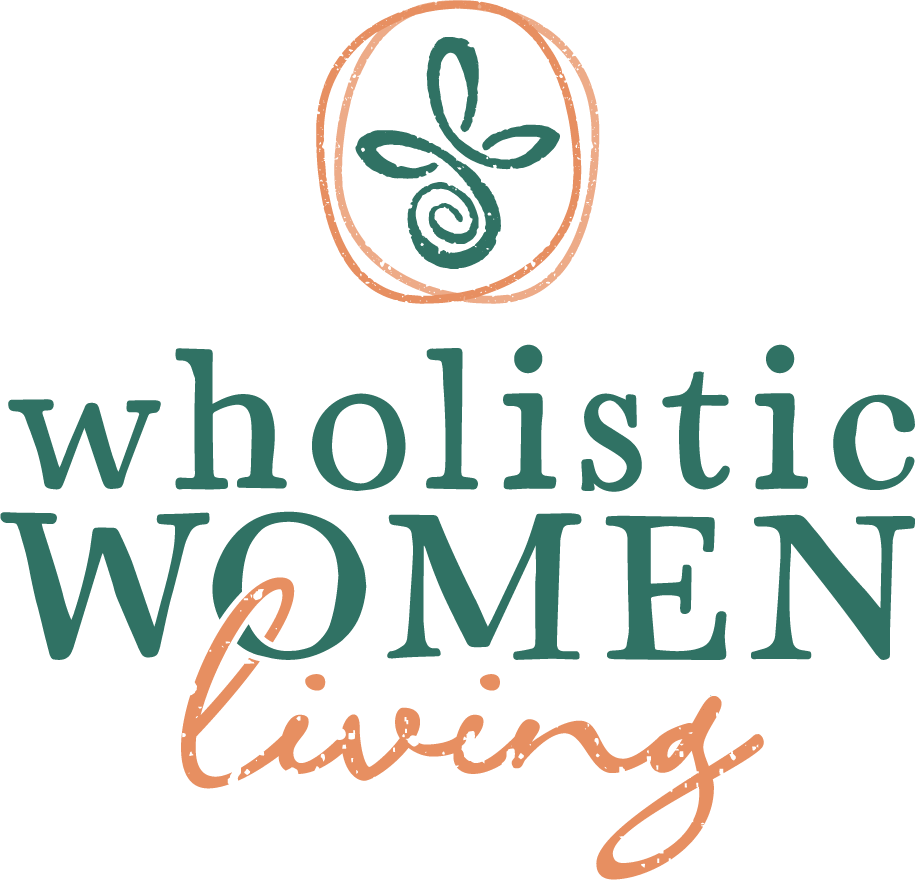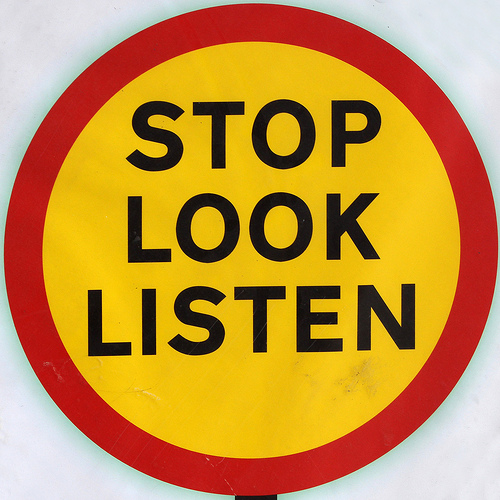Do you ever struggle with balance…at work or at home? What would a healthy, interdependent, relationship with your co-workers or your life partner look like?
Interdependent may not be a word that we use very often, but I believe it holds the key to successful work and personal relationships. To me, it’s that sweet spot where we can rely on others and on ourselves in a healthy balanced way. It’s when we know what we need and can take care of ourselves…. but we also know when we need help, and who or what we need to complement or support us…. and we aren’t afraid to ask for that assistance. Interdependence may mean something different to you. Perhaps it is best understood by first looking at what it is not. We can learn about the delicate balance of interdependence by recognizing what it means to be overly dependent or overly independent.
Unhealthy dependency is recognizable when these three limiting beliefs appear in emotionally charged interactions.*
- When we believe that others have the power to make us feel good or bad;
- When we focus on another person’s needs as a substitute for our own needs;
- When we become preoccupied with getting another person to change in some way so that we can feel happy, loved, whole, comfortable, wanted, content, etc.
These limiting beliefs are red flags that we may be losing ourselves and relying too much on other people; giving our personal power away.
On the other end of the spectrum, there are different challenges that arise from being too independent; such as isolation, loneliness, fear, emotional distance and difficulty asking for help, to name a few.
I am familiar with both ends of this spectrum, and perhaps you are as well. There are often very good reasons why we go to these extremes, but we won’t get into that here. Instead, I want to ask: What have you found that brings you back to center when you get off balance? What course corrections do you make when you find that you’ve wandered into being overly independent or overly dependent?
For me, I’ve learned to restore balance with three practical steps: Stop, Look, and Listen. When you feel off balance in a professional or personal relationship, I suggest that you try these three steps.
Stop your habitual reactions: stop or slow down whatever reaction you normally do.
- If you typically withdraw, stay present.
- If you typically close your heart, try to say open.
- If you habitually withhold, disclose.
- If you tend to attack, take a deep breath and be still.
Look at yourself…not at the other person, and ask:
- What part of my reaction or perspective is keeping me defensive?
- What part of me is threatened in this situation?
- Am I feeling shame, humiliation, or embarrassment?
- What support do I need to tolerate this experience?
Listen deeply. Dive below the surface disturbance to connect with your core energy. Listen to the part of you that is unaffected and larger than your reaction. Return to the conversation more open and less attached to protecting yourself.
These three simple, yet powerful, steps help me pause and regroup when highly charged interactions occur. They interrupt my habitual reactions and allow me to engage with others in ways that can lead to healthy interdependence.
Give them a try the next time you find yourself off balance and out-of-sorts at work or at home. I suggest that you share your observations with someone else to give voice to your impressions and to cement your understanding.
Feel free to write to me or post a comment here. Look for more strategies on healthy interdependence in my next blog.
Good luck and I look forward to hearing from you!
Today’s author: Carol deLaski, PCC is a speaker, author, and coach specializing in strengths-based leadership coaching. Write to her at Carol@CaroldeLaski.com or visit her website: www.caroldelaski.com for more information about her speaking and coaching services. You can learn more about interdependence in her book, Lost and Found: Discovering Strength in Love and Faith.
*Some of the material from this blog has been summarized from an excellent book on relationships, Undefended Love by Psaris and Lyons, which I highly recommend.

